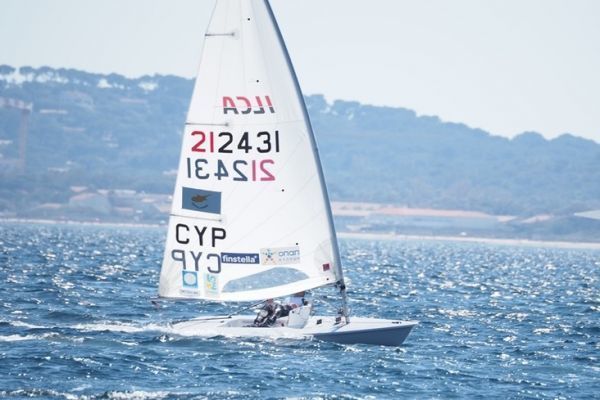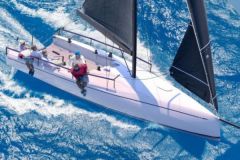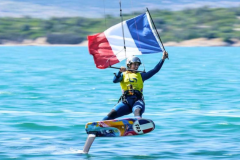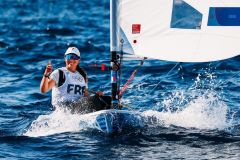License withdrawal based on contractual conflict
On August 27, 2025, the International Laser Class Association (ILCA) made the withdrawal of license of Performance Sailcraft Australia (PSA). This decision prohibits PSA from producing or selling ILCA boats bearing the World Sailing plate.
According to the association, this termination follows repeated contractual breaches on the part of the Australian manufacturer. The withdrawal comes after several years of tension between the two parties, particularly since the introduction of new manufacturing molds in 2020.
This decision directly affects PSA's shipyards and distribution networks, but it also raises broader questions about class governance and compliance with the oneâeurosdesign principle.
PSA challenges the validity of imposed molds
For its part, PSA claims to have respected its contractual obligations. Instead, the Australian company accuses ILCA of requiring the use of molds whose conformity it disputes. According to PSA, the molds supplied in 2020 would produce slightly shorter hulls than the historical molds designed by Bruce Kirby, which could alter the boats' performance. PSA states that it has requested compliance guarantees from ILCA, which have reportedly gone unanswered.
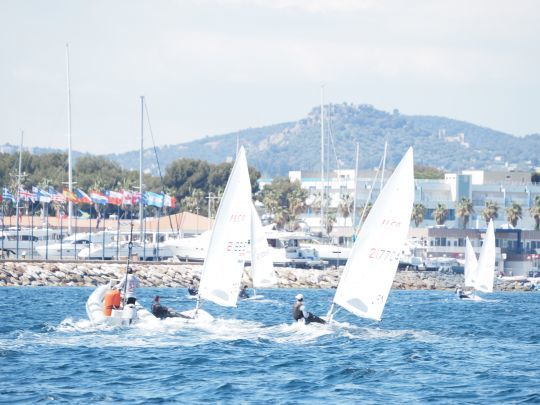
The situation became tense when ILCA reportedly issued a 48-hour ultimatum to PSA, demanding an unconditional commitment to mold conformity. PSA refused, arguing that this would have forced it to mislead customers. The company thus preferred to forfeit the license rather than validate a process deemed not to conform to historical class standards.
What impact will this have on PSA boat owners?
Despite this break, boats already manufactured by PSA before August 27, 2025 remain homologated and classed as legal, provided they carry the official World Sailing plate. Current users can therefore continue to sail in regattas without restriction, with full recognition of their units.
This clarification was eagerly awaited by many clubs and yachtsmen. It guarantees the validity of existing boats, and avoids the scrapping of fleets already in circulation, particularly in areas where PSA has a strong historical presence, such as Australia and the AsiaâeurosPacific region.
The fairness of oneâeurosdesign called into question
Legal issues aside, this case highlights the fragility of the oneâeurosdesign concept in the international classroom. PSA claims that over 8000 hulls have already been produced using the disputed molds. If these units have slightly different characteristics, this calls into question the principle of equality between competitors. This could affect boat performance, particularly in marginal conditions or on high-level regattas.
The episode also calls into question ILCA's ability to regulate transparently, taking into account feedback from its historic manufacturers. For PSA, this breakdown is symptomatic of a wider dysfunction in the governance of the class.
A reshuffling of the cards in ILCA manufacturing
PSA's departure leaves a strategic position in the ILCA manufacturer ecosystem vacant. Nevertheless, the association has a worldwide network of approved manufacturers in Europe, China, Japan and the USA. These should compensate for the loss of Australian production in the medium term.
But the disappearance of PSA, a long-standing player renowned for the quality of its hulls, could upset the balance between production zones, finishing levels and supply lead times. Several distributors will have to adapt their logistics. For buyers, this could also mean longer lead times or price adjustments.

 /
/ 